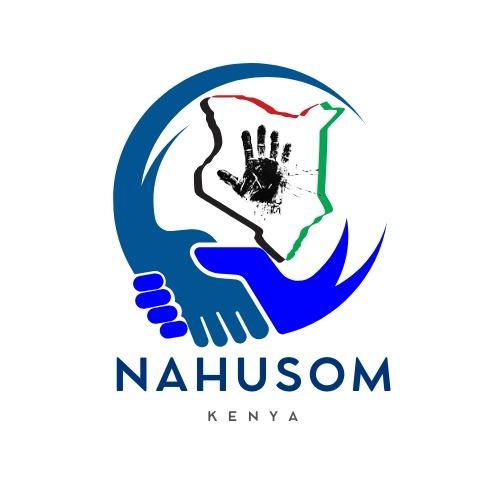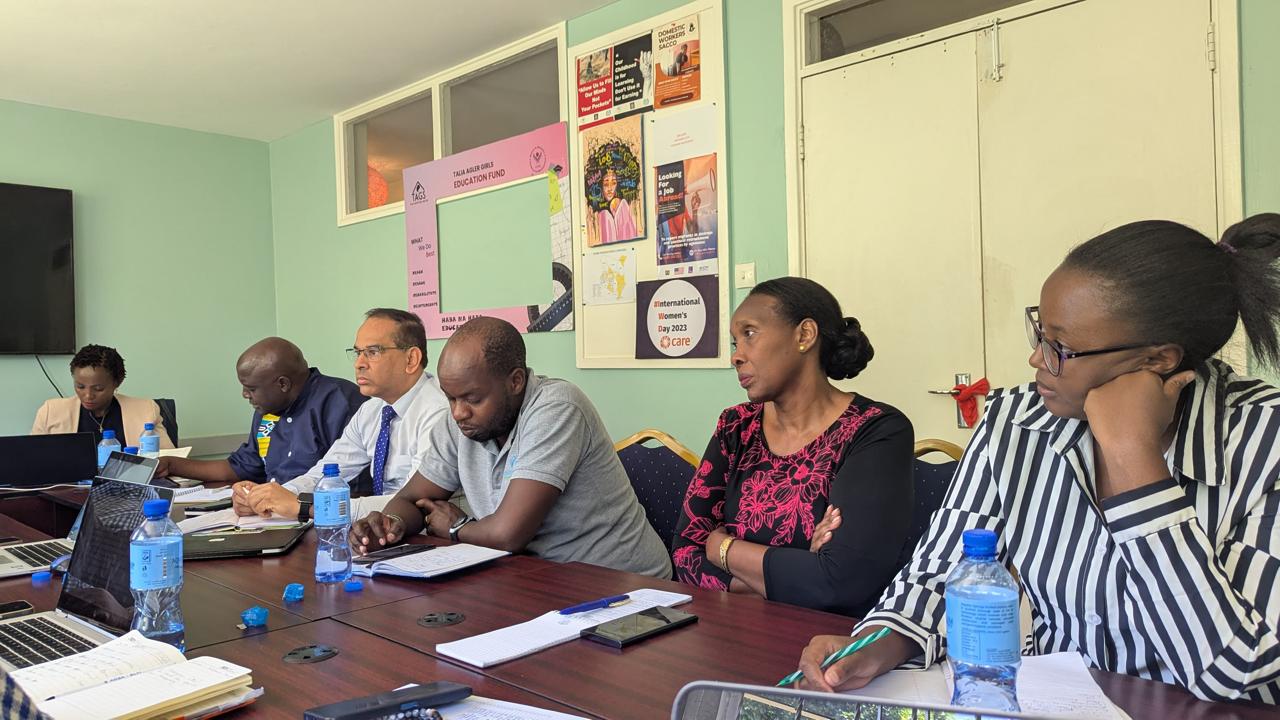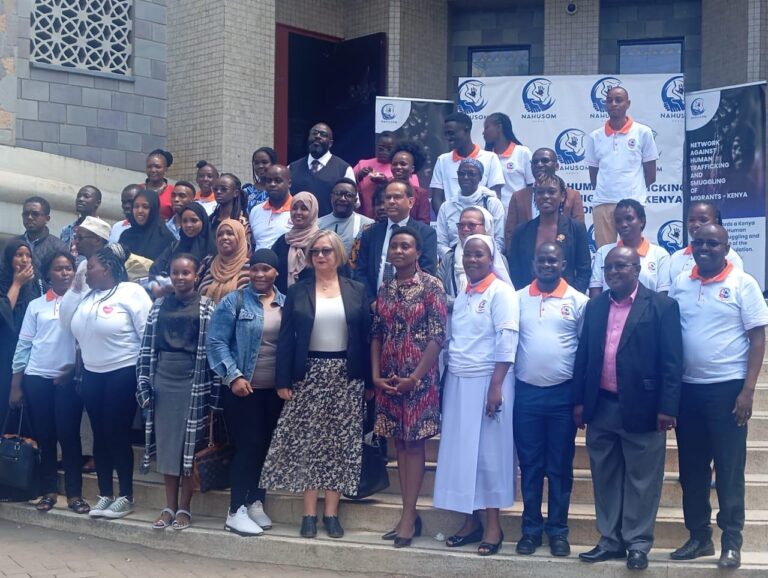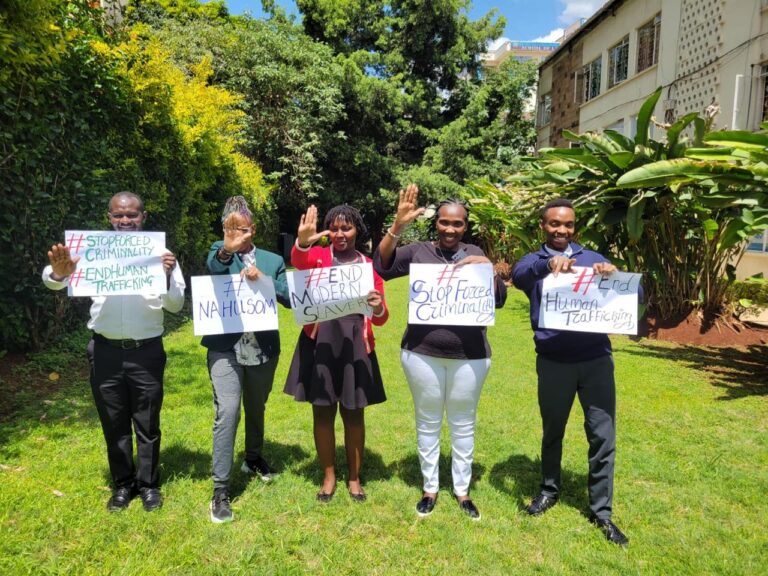Building Bridges: How NAHUSOM-Kenya is Strengthening Civil Society Against Trafficking
Building Bridges: How NAHUSOM-Kenya is Strengthening Civil Society Against Trafficking
Human trafficking and the smuggling of migrants are not just crimes—they are severe violations of human rights that continue to impact thousands of lives in Kenya and beyond. Recognizing the need for a unified, multi-sectoral response, NAHUSOM-Kenya was formed to bring together non-state actors into a powerful network that promotes collaboration, accountability, and shared impact.

Since its establishment, NAHUSOM-Kenya has created a unique space for diverse stakeholders—NGOs, faith-based organizations, academic institutions, community groups, and the private sector—to work together toward one goal: a Kenya free from trafficking and smuggling.
This collaborative spirit is embedded in the network’s programs, which focus on raising awareness, advocating for stronger policies, training stakeholders, and building partnerships. By creating a shared platform, NAHUSOM enhances coordination and resource sharing among members, allowing them to achieve more than they could individually.
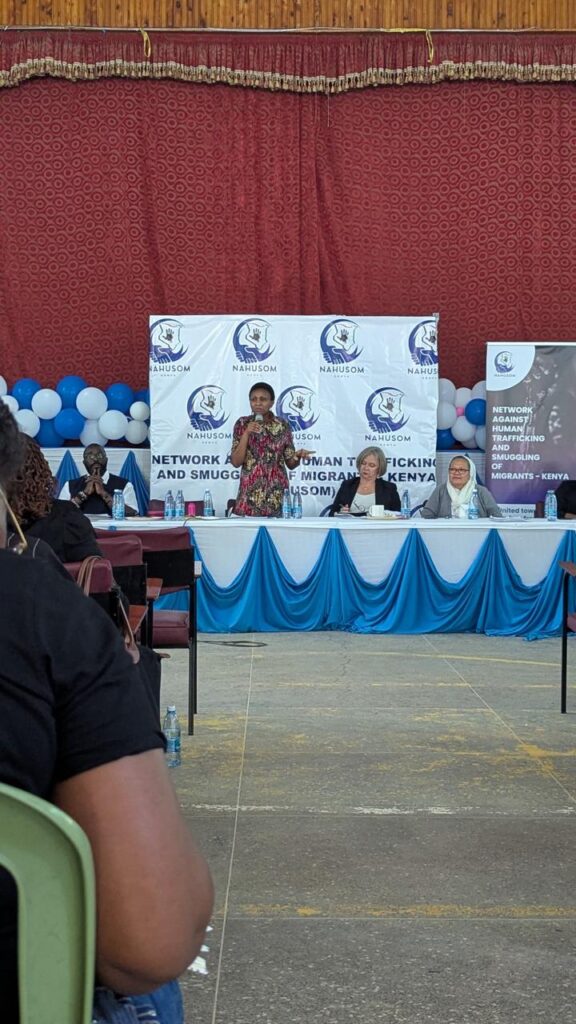
Importantly, NAHUSOM also serves as a trusted partner to government institutions and international bodies like the United Nations, the African Union, and regional organizations such as IGAD and EAC. Through this role, the network contributes to shaping national strategies and aligning them with global frameworks such as the Global Compact for Migration and the Transnational Organized Crime Convention.
In a world where human trafficking adapts to new forms, NAHUSOM’s strategy of unity, prevention, and advocacy is both timely and essential. As the network grows, so does its ability to make meaningful, lasting change across communities.
